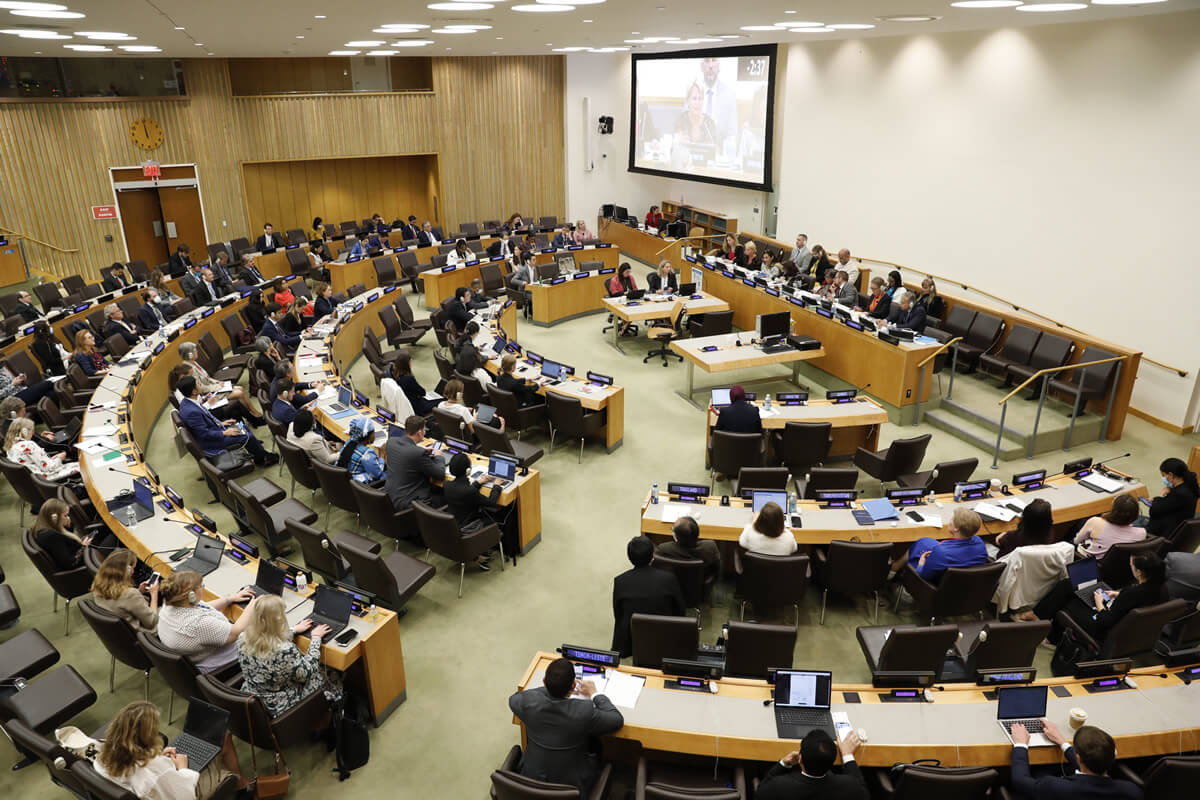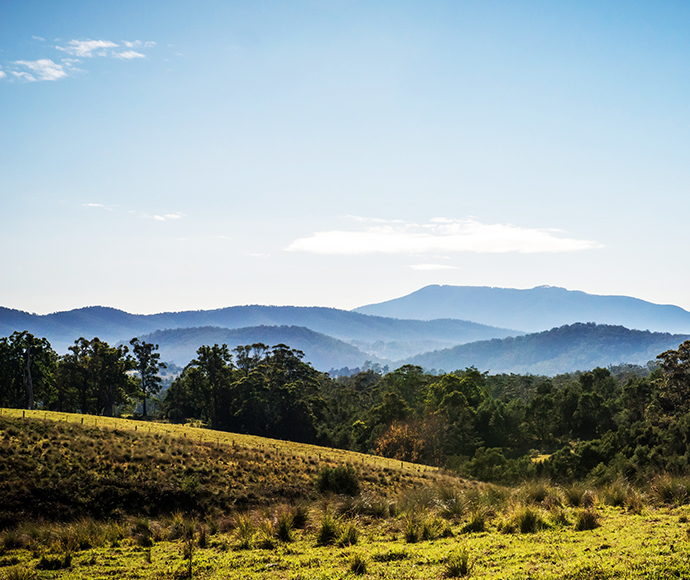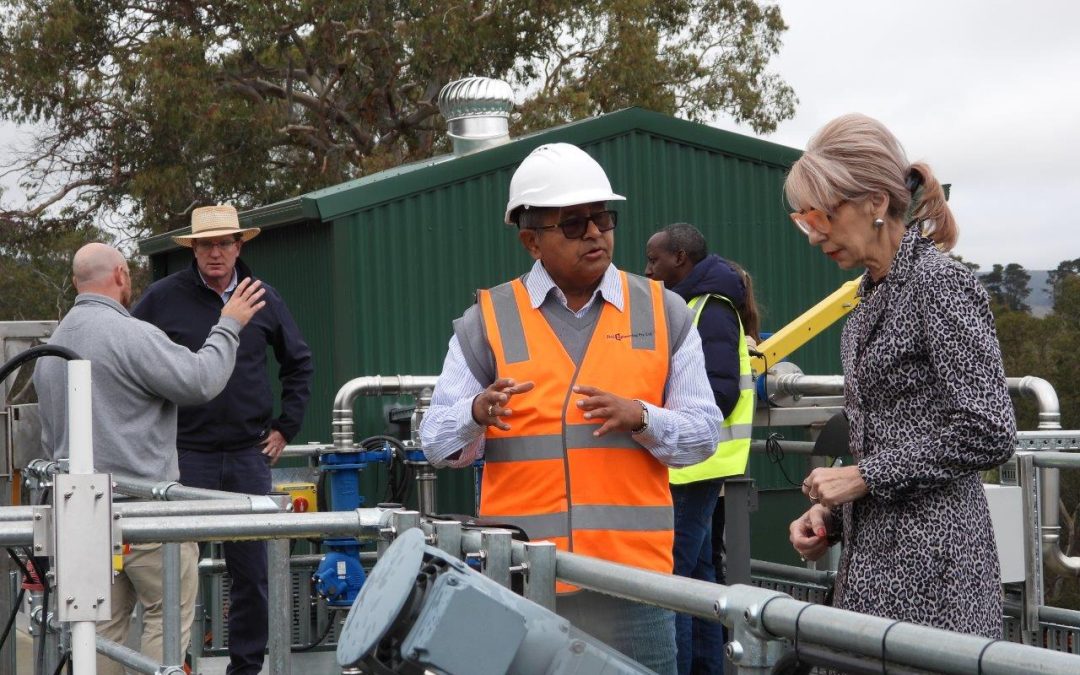Research released today by The Australia Institute estimates that NSW could have raised an additional $6.2 billion in coal royalties this financial year if it had adopted Queensland’s royalty system.
While NSW households and business have been charged more for energy due to the war in Ukraine, the public has missed out on collecting additional revenue which could be used for essential services and wages.
With the prospect of minority government after Saturday’s election, independents and minor parties could push for changes to the royalty system.
Key points:
- Most coal mining in NSW pays a royalty rate of 8.2% regardless of the coal price.
- With coal prices at record highs due to the Ukraine war, Queensland changed its system so that higher royalty rates apply when prices are high.
- If NSW had adopted Queensland’s system it would have raised extra revenue of between $4.2 and $6.2 billion this financial year and $2.8 billion in 2021-22.
- These multi-billion dollar windfalls could be directed to the Royalties for Rejuvenation Fund, which currently receives just $25 million per year, distributed across four coal producing regions.
- Or the revenue could be directed to essential services and public sector wages
“NSW needs to wind down its coal industry and changing the coal royalty system should be a part of that,” said Research Director Rod Campbell from the Australia Institute.
“We don’t need to look far to see how this can be done. Queensland has already done it.
“Queensland has shown that with political leadership, the community can benefit from changes to mining royalties and taxes.
“This should be a key issue for independents and minor parties in the next NSW Parliament.
“Both major parties have avoided this topic in the election campaign, which makes it an area where the crossbench could push for constructive reform.
“This is billions in forgone revenue that could be invested in health, education, transport and a wage rise for NSW workers.”








